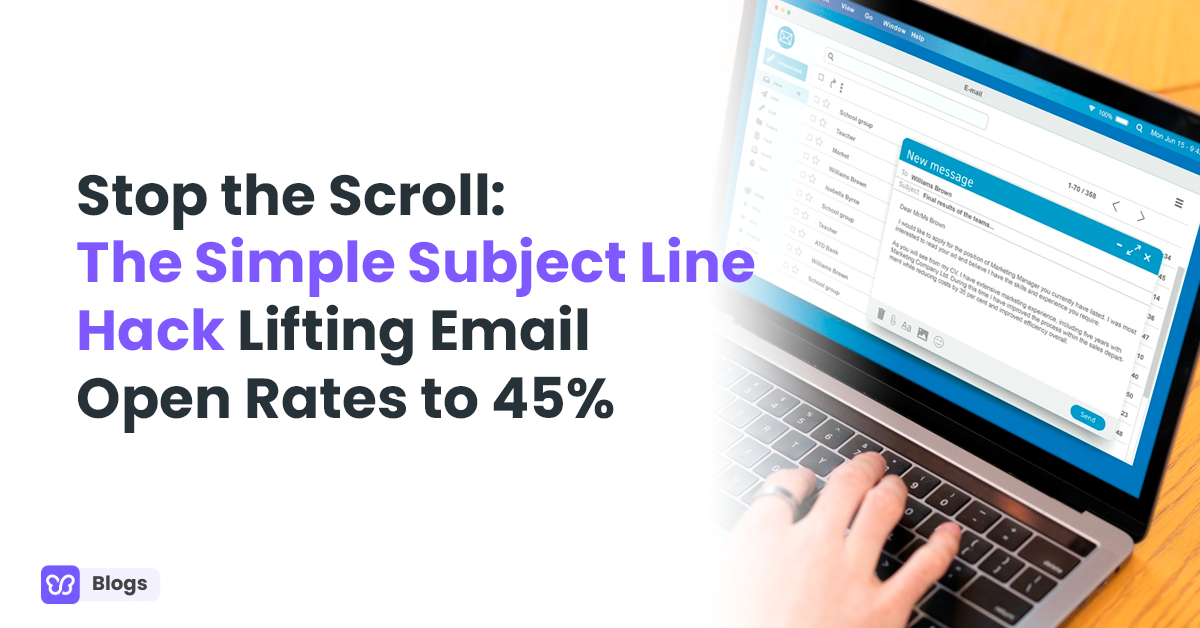Key metrics for evaluating the effectiveness of personal touch marketing
1. Customer Engagement: This metric measures the level of interaction and involvement of customers with personalized marketing efforts. It can be assessed by analyzing metrics such as click-through rates, time spent on personalized content, and social media interactions.
2. Conversion Rates: This metric evaluates the percentage of customers who take the desired action after receiving personalized marketing messages. It can be measured by tracking metrics like sales, sign-ups, downloads, or any other relevant conversion goal.
3. Customer Satisfaction: This metric gauges the level of satisfaction and happiness among customers who have experienced personalized marketing. It can be assessed through surveys, feedback forms, or sentiment analysis of customer reviews and social media mentions.
4. Customer Lifetime Value (CLV): This metric measures the total value a customer brings to a company or business over their entire relationship. Personal touch marketing can positively impact CLV by fostering customer loyalty and repeat purchases.
5. Return on Investment (ROI): This metric evaluates the financial effectiveness of personal touch marketing efforts. It compares the costs incurred in implementing personalized strategies to the resulting revenue or profit generated.
Methods for collecting customer feedback and insights
1. Surveys: Conducting surveys is a common method to gather feedback from customers. These surveys can be distributed through email, website pop-ups, or social media. Questions can focus on the effectiveness of personal touch marketing efforts and the overall customer experience.
2. Interviews and Focus Groups: Organizing interviews or focus groups provides an opportunity to have in-depth discussions with customers. This qualitative approach allows businesses to gain valuable insights into customers' thoughts, preferences, and experiences with personalized marketing.
3. Social Listening: Monitoring social media platforms for customer feedback, mentions, and sentiment analysis can provide real-time insights into the impact of personal touch marketing efforts. Tools like social media monitoring software can assist in analyzing and categorizing this data.
4. Website Analytics: Tracking website analytics can provide valuable data on customer behavior, such as click-through rates, time spent on personalized pages, and conversion rates. This information can help evaluate the effectiveness of personal touch marketing strategies.
Analyzes data to optimize personal touch marketing strategies
1. Segmentation Analysis: Analyzing customer data and segmenting customers based on demographics, behavior, preferences, or purchase history can help identify patterns and tailor personalized marketing strategies accordingly. This analysis can be done using customer relationship management (CRM) systems or data analytics tools.
2. A/B Testing: Conducting A/B tests allows businesses to compare different versions of personalized marketing messages or experiences to determine which one performs better. This data-driven approach helps optimize personal touch marketing strategies by identifying the most effective elements.
3. Machine Learning and AI: Leveraging machine learning algorithms and AI can help analyze large datasets and identify patterns that humans may overlook. These technologies can provide insights into customer preferences, behavior, and the effectiveness of personalized marketing efforts.
4. Continuous Monitoring and Optimization: Personal touch marketing strategies should be continuously monitored and optimized based on the data collected. Regularly reviewing key metrics and making adjustments based on insights can help improve the effectiveness of personalized marketing campaigns over time.
By employing these methods and analyzing data effectively, businesses can measure the impact of personal touch marketing and make data-driven decisions to optimize their strategies.









